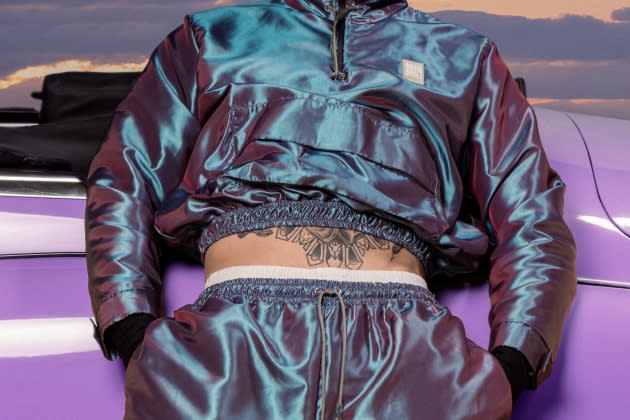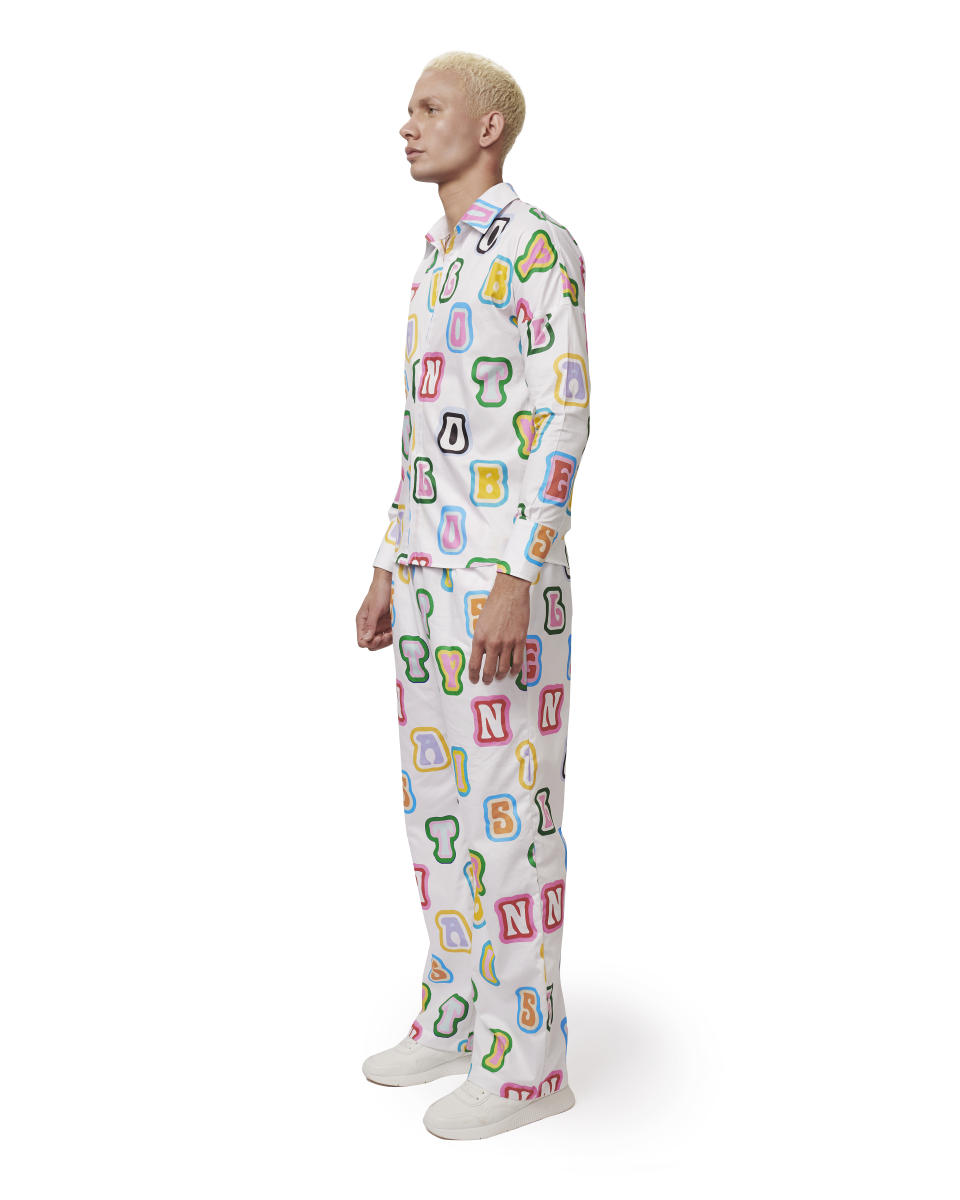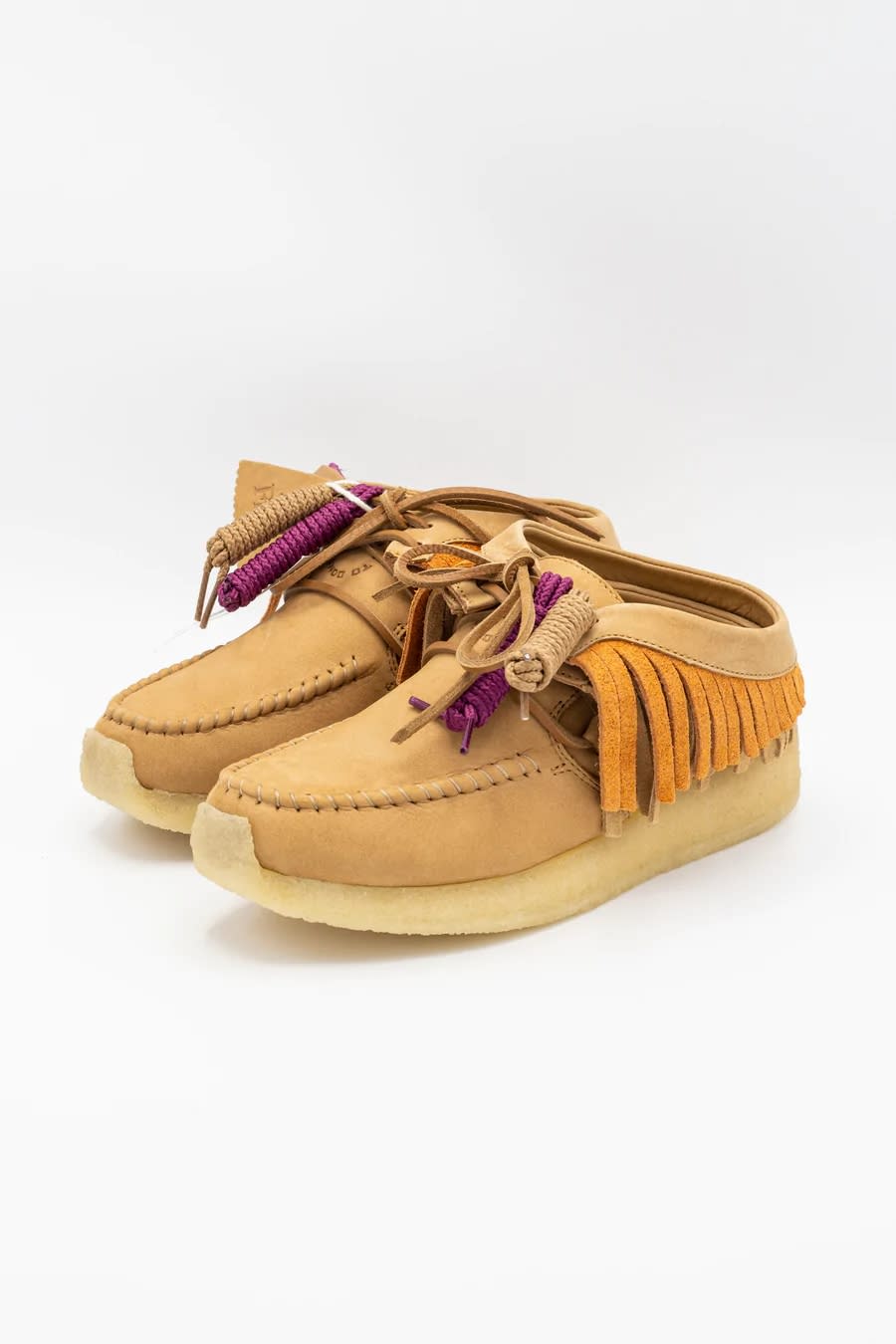LATAM and Caribbean Brands Make Waves in NYC

Latin American and Caribbean designers are ready to take over the U.S.
For decades, the fashion industry was centered almost exclusively in the world’s most populous cities and major fashion hubs such as Paris, Milan, London, New York, Tokyo, Los Angeles, Stockholm, Copenhagen and Seoul. More recently designers from the Middle East, South Africa and Western Africa have started to emerge, earning nominations for the prestigious LVMH Prize.
More from WWD
Now, creatives with roots in Latin America and the Caribbean are taking center stage.
Brands such as A Lot Studio in Colombia, Wavey L.A. (born in Los Angeles and based in Mexico City), and Rebels to Dons, based in New York City with roots in Trinidad and Tobago, are making their mark. They join more-established players such as Brooklyn, N.Y.-based Kerby Jean-Raymond; who has Haitian roots; Fe Noel, who draws influence from her Grenadian heritage; Gabriela Hearst from Uruguay; LVMH Prize finalist Kika Vargas and Johanna Ortiz, both from Colombia, and Victor Barragán and Barbara Sanchez-Kane, from Mexico.
Many of these LATAM and Caribbean designers are entering the U.S. through New York City and paving the way for others from the region to follow in their footsteps.
A Lot Studio cofounder Valentina Ramirez, from Bogota, Colombia, graduated from Parsons School of Design, designed at Urban Zen under Donna Karan, worked for Oscar de la Renta, Proenza Schouler, and Claudia Li and made her mark creating a collection for Rihanna’s Clara Lionel Foundation. She cofounded A Lot Studio in 2019, initially producing the collection in India, but moved the brand to Colombia during lockdown in 2020 after acquiring her cofounder’s stake in the business.
Since establishing the brand she’s hosted 15 pop-ups, five of which were in New York City at Wolf & Badger, Flying Solo, Canal Street Market, 3NY and a standalone multibrand shop where she stocked her brand along with fellow Latin American labels. The brand’s next stop is Madrid Fashion Week, where many Peruvian, Mexican and South American brands are expected to participate, according to the designer.
“New York City is aspirational for so many other counties and societies,” Ramirez said. “If your customer can somehow relate the brand to New York, they see the added value to that. Having a presence here makes the community feel proud of wearing the brand, especially the younger generation.”
A Lot Studio participated in Coterie as Ramirez seeks to expand the brand’s wholesale presence. “I know a lot of Colombian designers already in big retailers like Saks and Bloomingdale’s. Wholesale orders allow them to grow faster.”

Like A Lot Studio, Wavey L.A. has also hosted pop-ups in New York City.
Founder Talulah Rodriguez-Anderson established her brand in 2015 while finishing her undergraduate studies at Otis College of Art & Design. She also started a career as a DJ and offered products, including branded baseball caps.
Rodriguez-Anderson was born in Puerto Vallarta, Mexico, and moved as a child to San Diego and later Miami. After establishing the brand, she moved back to Mexico to develop the line with designer Paulo Succar. Wavey L.A. held its first fashion show in 2018, opened a flagship store in Juarez in Mexico City in 2021, and this year opened a workshop in Roma, Mexico City.
“I don’t consider Wavey as typical streetwear and I feel the landscape is too saturated in Los Angeles,” Rodriguez-Anderson said. “I didn’t want to be like any other up-and-coming designer. When I decided to move back to Mexico, I took the brand with me. I realized there is no streetwear here and we’re the only brand doing this type of thing.”
This summer, the brand hosted a stand-alone pop-up and a second at Laams in the Lower East Side in Manhattan.
“I feel like New York City is one of the top fashion capitals of the world and I feel like if you make it here, you can make in anywhere in the world,” she added.
Rebels to Dons founder Joshua Joseph moved to New York City as a teen and grew up in a family of craftspeople who ran a shop in Brooklyn where they sold items celebrating the African diaspora. Their objects appeared in films such as “Do the Right Thing,” “Predator,” and “Predator 2” and “Coming to America.”
He started sewing at 16 years old and worked retail jobs at Uniqlo, Feit and Dunk Exchange before starting his line in 2017.
The brand recently partnered with Kith’s Ronnie Fieg and Clarks on a shoe collaboration that launched at Blue in Green in New York City and at Soho Beach House in Miami.
“It’s very important to have that presence in New York City, because it is a melting pot of the U.S. to me,” Joseph said. “I would tell any business owner that New York is a place to understand. You can be an international brand and come here, but if you don’t have the right people in the store then you won’t attract the right people.”

Joseph believes Caribbean designers are represented well and growing, but have more work to do to heighten their exposure. For Rebels to Dons, the designer is teaming with the Trinidad tourism board to build a section at Carnival in 2024.
Rodriguez-Anderson agreed that LATAM designers and people of color are making strides, but believes they still fall behind white designers who have “more opportunities or the right connections to make things happen faster.”
She added, “It’s harder as a Latina who’s not from New York to try to make this happen, because I don’t know a ton of people and am not friends with the top photographers and models, but I’m willing to put in the work and keep pushing for the goals I have.”
Ramirez sees interest from the American market for South American brands, but it’s often just seasonal. “When it’s October there’s huge press for me, because all of the media outlets are looking for Hispanic Heritage Month stories,” she said. “After October, it’s way more difficult for South American designers to get that kind of exposure. We see this with other topics like Pride in June or February for Black History Month. It would be great if the news was all-year long.”
Best of WWD
Sign up for WWD's Newsletter. For the latest news, follow us on Twitter, Facebook, and Instagram.

